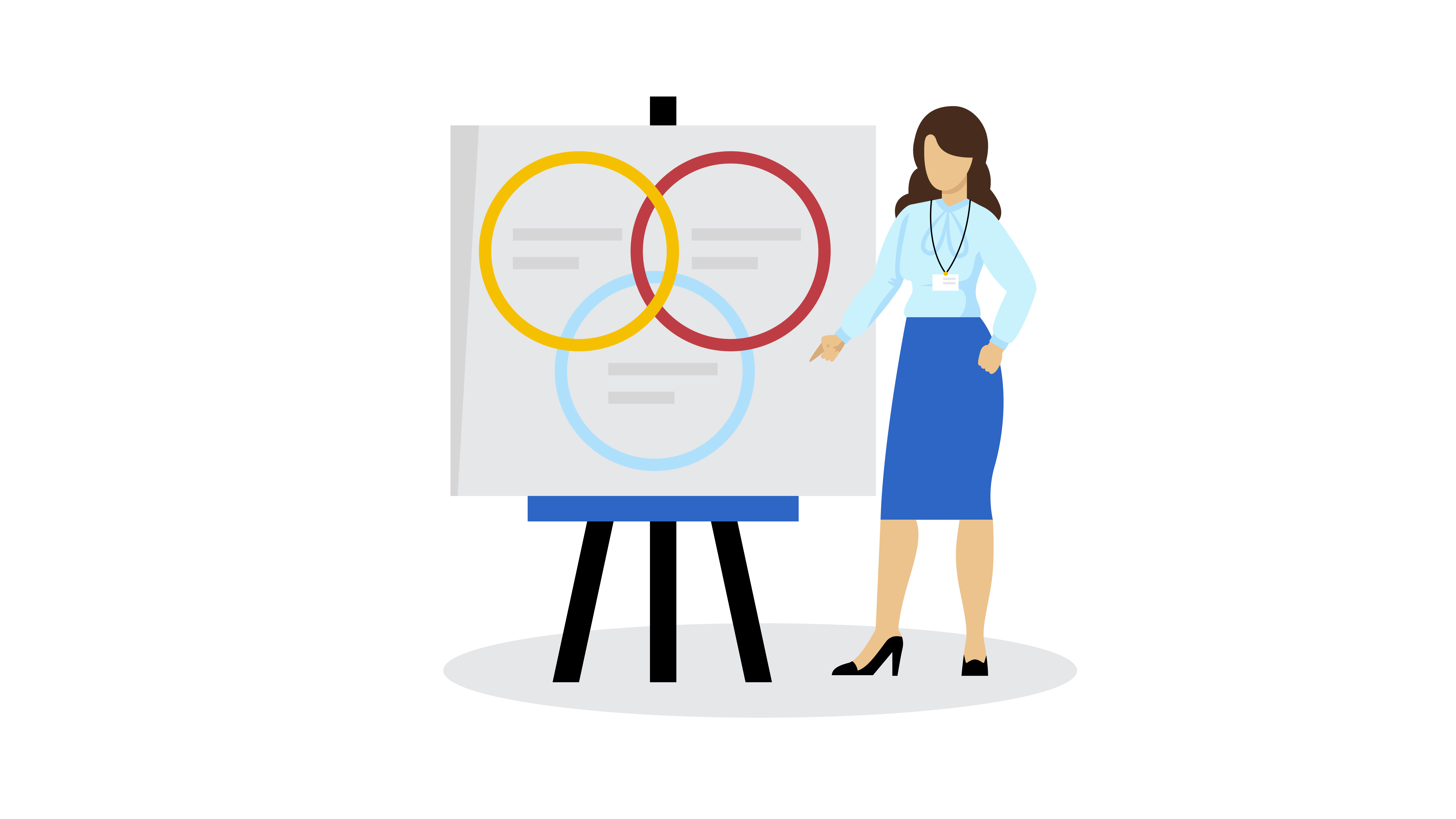All Categories
Featured
Customer data platforms (CDPs) are a vital device for modern companies that want to gather data, store, and manage customer information in one central location. These applications offer a more accurate and complete picture of the customer which can be used to provide specific marketing as well as personalized customer experience. CDPs have a range of functions, including data management, data quality and formatting of data. This helps customers comply with how they're stored, used and accessible. With the capability of pulling data from various APIs such as CDPs can also pull data from other APIs. CDP additionally allows companies to put the customer at the heart of their marketing strategies and enhance their operations. It also allows them to connect with their customers. This article will discuss the benefits of CDPs for organizations.
cdp product
Understanding the functions of CDPs. The customer data platform (CDP), is software that lets companies gather, store and manage information about customers from a single area. This gives you a better and more complete view of your client and helps you target your marketing and customize customer experience.
-
Data Governance The most significant advantages of the CDP is the ability to classify, protect and monitor information being integrated. This includes profiling, division and cleaning of data that is incoming. This is to ensure compliance with data regulations and policies.
-
Data Quality: It is vital that CDPs ensure that the data they collect is of high-quality. This involves ensuring that the data is accurately recorded and is of the highest specifications for quality. This helps to minimize additional expenses for cleaning, transforming, and storage.
-
Data Formatting: A CDP is also used to make sure that data is in an established format. This will ensure that the certain types of data, like dates, correspond across collected customer information and that the information is entered in a rational and consistent manner. cdps
-
Data Segmentation Data Segmentation: A CDP can also allow for the segmentation of customer data in order to better understand various groups of customers. This allows you to test different groups against one another to determine the right sample distribution.
-
Compliance CDP: The CDP lets organizations handle customer information in accordance with the law. It allows for the specification of secure policies, the classification of information according to the policies, and the identification of violations to policies while making marketing decisions.
-
Platform Selection: There is a variety of CDPs available, and it is essential to understand your needs before choosing the right one. Take into consideration features like data privacy and the ability of pulling data from other APIs. customer data management platform
-
Putting the Customer at the Center This is why a CDP permits the integration of real-time, real-time customer information, ensuring instantaneity, precision, and unity that every marketing team requires to boost their efficiency and make their customers more engaged.
-
Chat billing, Chat When you use the help of a CDP It's easy to understand the context you need for a great discussion, whether it's previous chats or billing.
-
CMOs and CMOs and Big Data: According to the CMO Council 61% of CMOs believe they're not leveraging the power of big data. A CDP can help to overcome this by providing an entire view of the client and allowing to make more efficient use of data for marketing and customer engagement.
With so numerous various kinds of marketing technology out there every one usually with its own three-letter acronym you might question where CDPs come from. Even though CDPs are amongst today's most popular marketing tools, they're not a completely originality. Rather, they're the most current action in the evolution of how online marketers handle consumer data and consumer relationships (Cdp Customer Data Platform).

For a lot of marketers, the single most significant worth of a CDP is its capability to section audiences. With the abilities of a CDP, marketers can see how a single customer engages with their company's various brand names, and identify opportunities for increased customization and cross-selling. Naturally, there's a lot more to a CDP than division.
Beyond audience segmentation, there are 3 big reasons that your business might desire a CDP: suppression, customization, and insights. One of the most fascinating things marketers can do with information is recognize customers to not target. This is called suppression, and it belongs to delivering genuinely individualized customer journeys (What Are Cdps). When a client's unified profile in your CDP includes their marketing and purchase data, you can suppress ads to customers who've already purchased.

With a view of every client's marketing interactions connected to ecommerce information, site visits, and more, everyone throughout marketing, sales, service, and all your other teams has the opportunity to understand more about each customer and deliver more tailored, pertinent engagement. CDPs can assist online marketers attend to the root triggers of numerous of their most significant daily marketing issues (Customer Data Platform).
When your data is detached, it's harder to comprehend your clients and produce significant connections with them. As the number of data sources utilized by marketers continues to increase, it's more important than ever to have a CDP as a single source of truth to bring everything together.
An engagement CDP uses client data to power real-time personalization and engagement for consumers on digital platforms, such as sites and mobile apps. Insights CDPs and engagement CDPs comprise most of the CDP market today. Very couple of CDPs include both of these functions similarly. To pick a CDP, your company's stakeholders ought to think about whether an insights CDP or an engagement CDP would be best for your needs, and research the couple of CDP options that include both. Marketing Cdp.
Redpoint GlobalLatest Posts
CDPs and the Importance of Data Governance for CMOs
Compliance and Data Privacy in a CDP
The Role of CDPs in Reducing Additional Expenses for Data Management